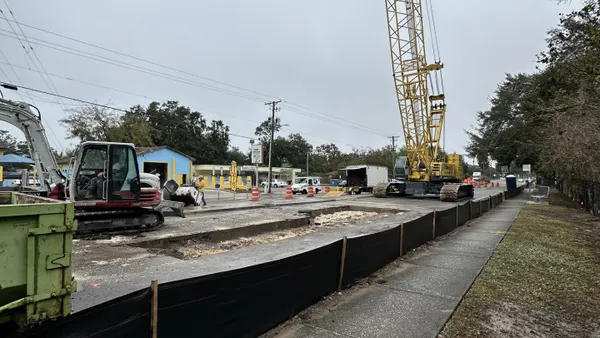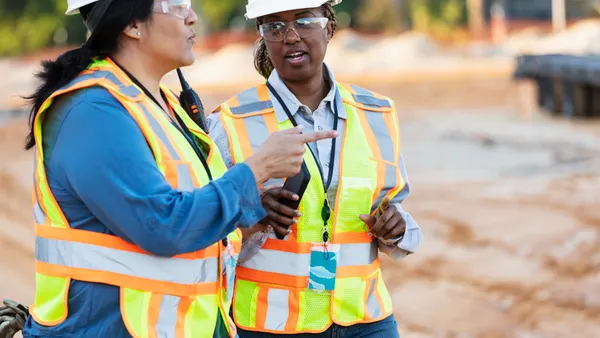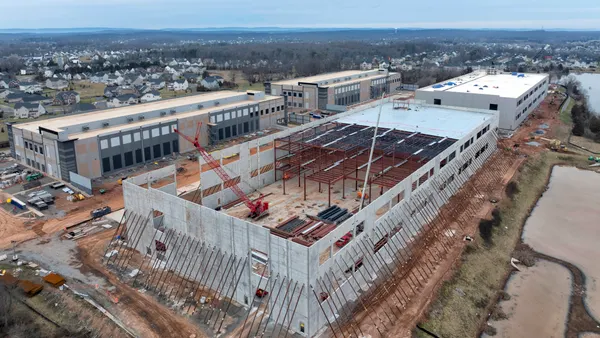Dive Brief:
- Houston-to-Dallas bullet train developer Texas Central Partners has dropped more than 12 lawsuits against private landowners who refused access to their properties for the project, according to the Texas Tribune.
- Texas Central officials first took the legal action when they could not complete the necessary survey work for the 240-mile line due to local landowner and activist opposition to the project. The rail development company said it would now try to negotiate with resistant property owners instead.
- According to the Dallas Morning News, Texas Central has already entered into more than 3,000 access deals with private owners, resolved 21 other similar lawsuits and made purchase deals for 30% of the required property.
Dive Insight:
The proposed rail project has won over Dallas and Houston officials, but some communities and groups like Texans Against High-Speed Rail have come out against the plan. In court filings, Texas Central argued that, as a railroad company, it was entitled to access private property and even force sales under eminent domain laws. Opponents responded that the company doesn’t currently own or operate any rail lines and, therefore, does not have the same property rights as a rail company.
Developers of a potential high-speed rail project between Minneapolis and Rochester, MN, faced similar resistance late last year from landowners along the proposed route. The North American High Speed Rail Group said that a bullet train would cut travel time between the two cities in half, but opponents argued that the system would lower their property values and destroy rural farmland. Although it took no official position at the time, it was widely suspected that Mayo Clinic, which is based in Rochester, favored the project as another method of access to its $6 billion Destination Medical Center project, already underway.
Nevertheless, the only high-speed project that has made substantial progress in the U.S. so far is the California bullet train system that will run between Los Angeles and San Francisco. That project has had to overcome many hurdles, the latest of which is a challenge as to the California High Speed Rail Authority's legal right to spend bond money on parts of the project that weren't specifically outlined in the original scope of work when voters approved the measure.










